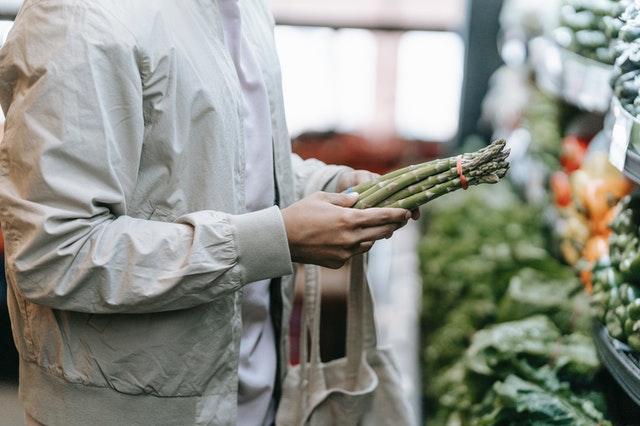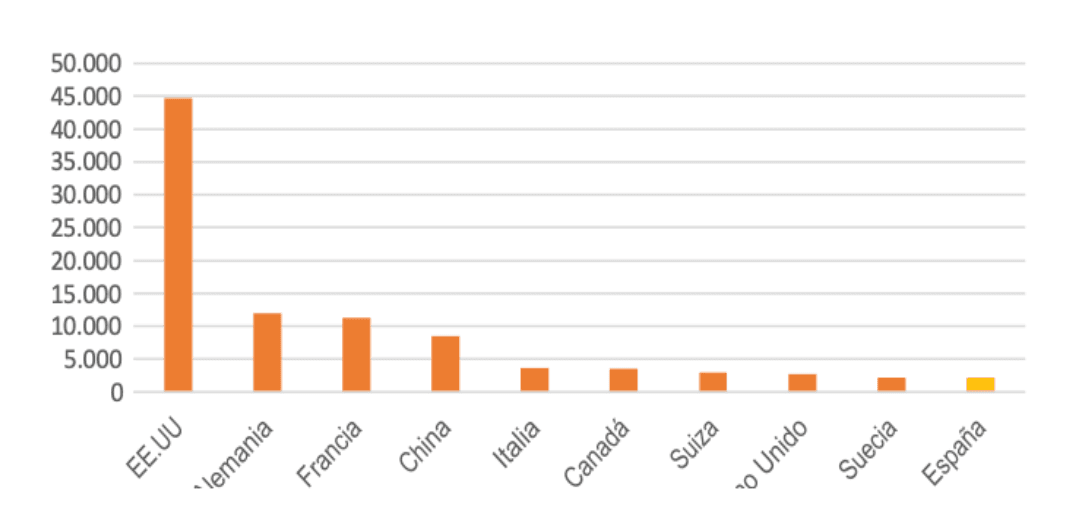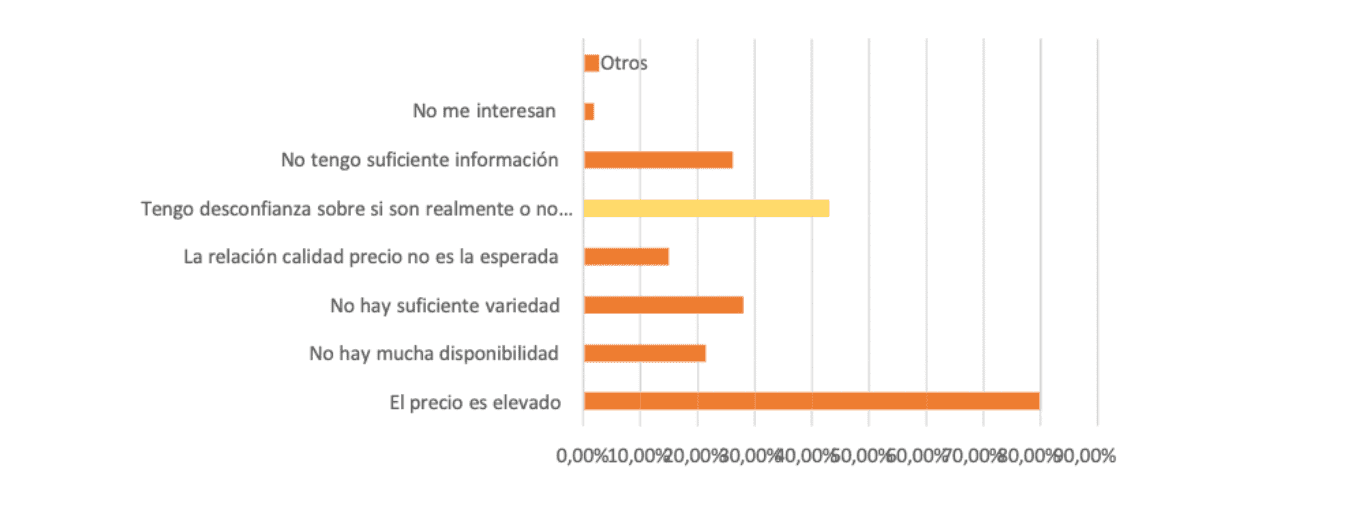Green consumers: a business opportunity for brands
10 Mayo - 2022
Carolina Luis Bassa
Director of the Master's Degree in Marketing
Director of the Mercadona Chair in Circular Economy
Alicia de los Reyes López
Alumni of the Master's Degree in International Business
__
Consumers of ecological products are those who transfer their commitment to planetary well-being to their purchasing habits and opt for items with a lower impact on the environment, health, and society. This type of consumer is usually related to people who are well-informed and concerned about new developments in the ecological policies of companies. Calomarde (2000) defined them as individuals who have become aware of the preservation of the natural environment and whose behaviour is influenced by internal variables (values and personality) and external variables (information, advertising, and social groups to which they belong).
Green consumers translate their commitment to planetary well-being into their purchasing habits and tend to be wellinformed consumers
Moreover, these customers are aware that, by refusing to buy products manufactured using environmentally damaging techniques, they can discourage their production and, at the same time, attract the attention of companies, showing themselves as a new market niche and business opportunity. In this way, green consumers avoid items that:
- Pose a health risk
- Are harmful to the environment during their manufacture, use, or subsequent disposal
- Consume a lot of energy
- Involve the abusive or cruel use of animals in processing
- Negatively affect other peoples or countries
Currently, consumers of green products draw a rather heterogeneous map globally [see graph 1], although the United States leads the ranking with 44,721 million euros invested in green consumption in 2020. At the top of the European list are countries such as Germany and France (Ecovalia, 2021).

Spain, the European Union country with the largest area of land devoted to organic agricultural production, has been among the top ten countries in terms of consumption of organic products since 2016 (IFOAM EU Group, 2016). Furthermore, according to Ecovalia’s Annual Report on Organic Production (2021), per capita spending in Spain exceeded €46.50 in 2019 and organic consumption grew by 17%. This figure increased during the first half of 2020, reaching 35%.
What do green consumers look for, value, or reject?
Young people, especially those born in the last two decades of the 20th century (so-called millennials), are the group most involved in organic consumption and most aware of healthy and sustainable purchasing habits over time. The purchase of fresh organic products is the central element of their purchases, as they perceive it as important for their health (Ecological, 2018).
Consumer expectations and purchasing demands are putting increasing pressure on global manufacturers to produce sustainable and environmentally responsible products. A study by the IBM Institute for Business Value shows that factors considered by green shoppers include making products that are “clean”, healthy, recyclable, and which have a high organic content.
The high price of products and a lack of confidence in the veracity of their origin are the main factors holding back an increase in the number of organic consumers, according to a study by the UPF-BSM
Increasingly, we are seeing the emergence of new consumers involved in the purchase of sustainable and eco-friendly products, especially millennials, who are concerned about issues such as the environment, care for the planet, biodiversity, and society. However, a survey conducted by PwC in 2021 reveals that consumer purchasing decisions have changed forever because of COVID-19. According to the survey, 40% of shoppers in Spain say they now feel much more environmentally friendly than before the pandemic.
But what is holding back an increase in the number of green consumers? According to a study by the UPF Barcelona School of Management, the main factor is the high price of products, followed by a feeling of mistrust about the veracity of their sustainable origin [see graph 2].

Towards LOHAS consumption
The term LOHAS (Lifestyles of Health and Sustainability) was created by the Natural Marketing Institute in 2008 with the aim of segmenting and identifying the group of people who were beginning to show a certain interest in ecological aspects and the origin of the products they consume. According to the report, the LOHAS segment prioritises healthy and sustainability-based lifestyles with the aim of preserving the environment.
Companies that want to reach LOHAS consumers must understand their values to develop marketing strategies aligned to their expectations
Importantly, LOHAS consumers are willing to pay more for green and ethical products and are active on many digital media channels and social networks. In this sense, companies that want to reach green shoppers will need to understand the values and factors that LOHAS consumers consider, while developing marketing strategies aligned to their expectations.
